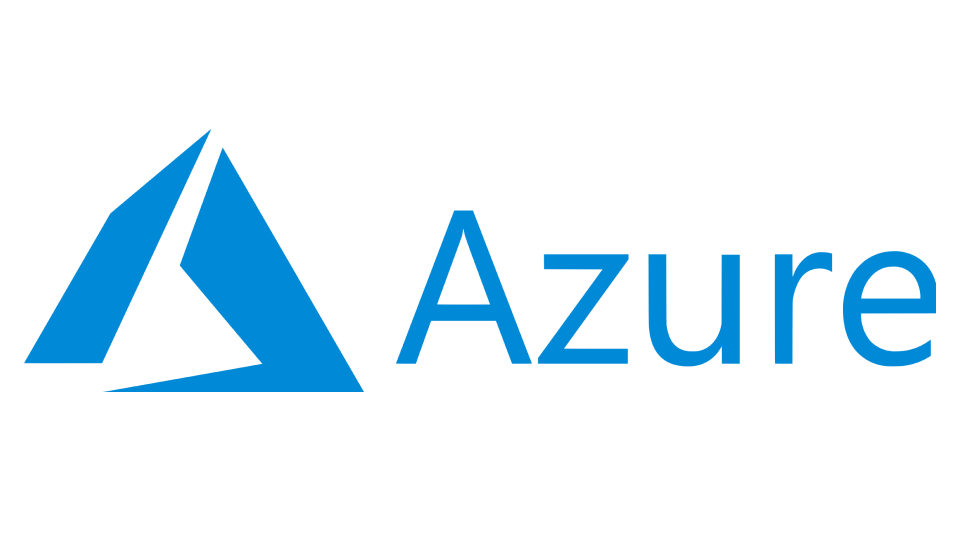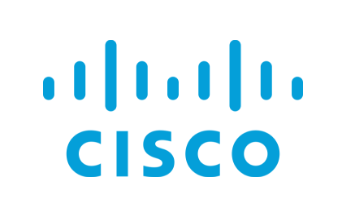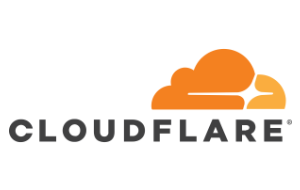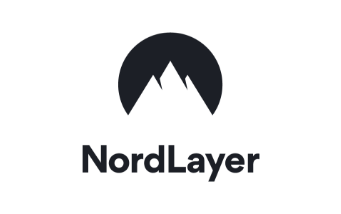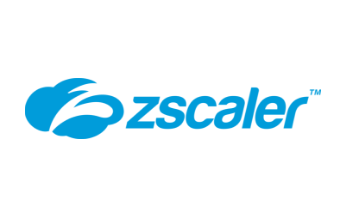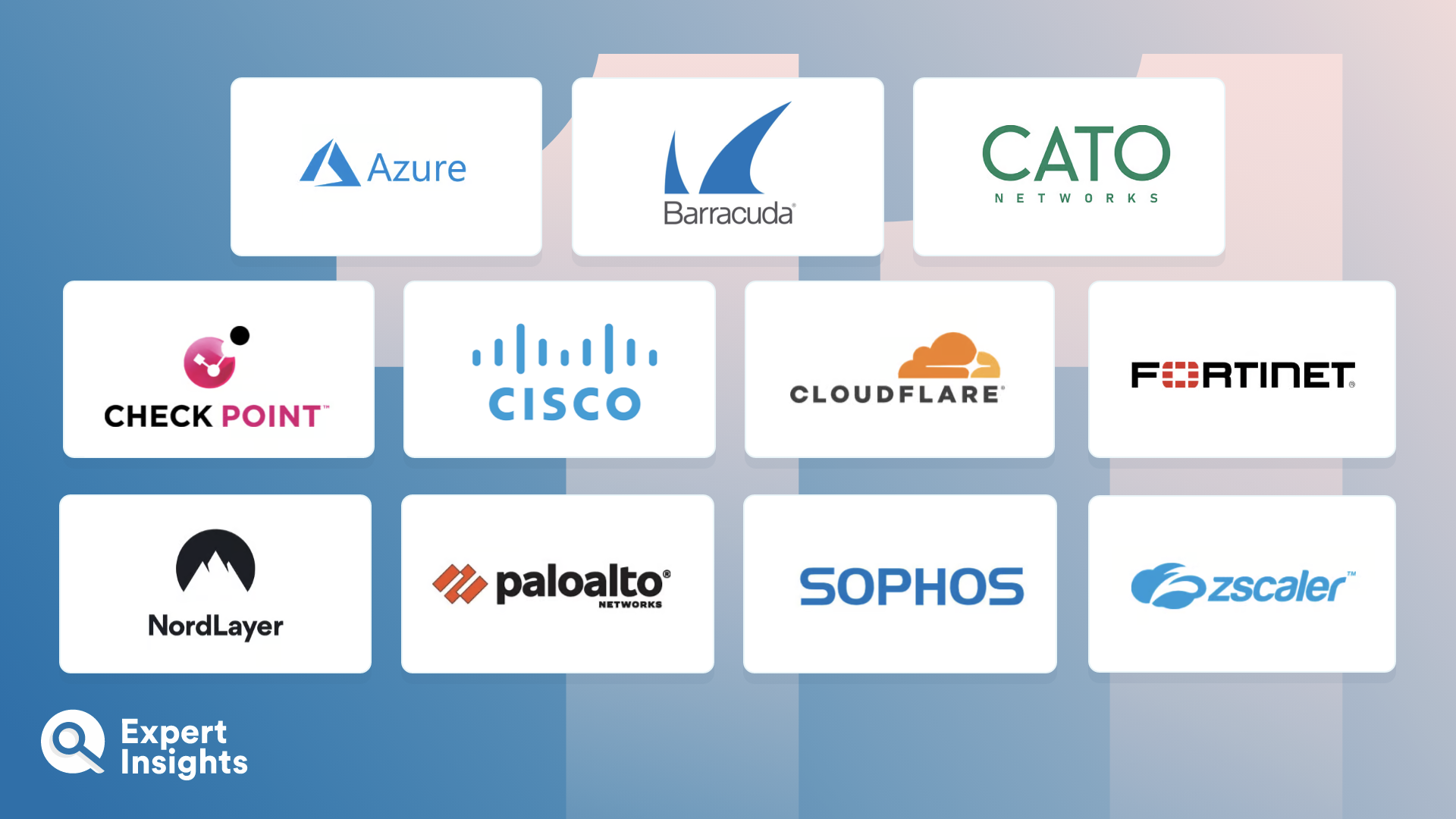Firewall As A Service: Everything You Need To Know (FAQs)
What Is A Firewall-as-a-Service?
A Firewall-as-a-Service (FWaaS) is a cloud-based firewall that can be delivered as part of a company’s cloud infrastructure but is managed by a third-party provider. FWaaS enables companies to move their security network inspection to the cloud, meaning that they don’t need to install complex and expensive infrastructure and the staff to manage it.
With a FWaaS, the service provider is responsible for maintaining and configuring the solution and associated infrastructure. In practice, FWaaS have many of the same capabilities as on-premises NextGen firewalls (NGFW). These features commonly include web filtering, intrusion prevention systems, DNS security, and advanced threat protection capabilities.
The platforms are easily scalable and able to provide coverage to your entire network no matter how complex or flexible your network perimeter may be. FWaaS can apply security policies consistently across your entire network.
How Does A Firewall-as-a-Service Work?
Aside from the way they are managed and the practicalities of their deployment, FWaaS do the same job as traditional, legacy, on-premises firewalls. In essence, they filter network traffic.
FWaaS tend to use stateful firewall features; this means that the firewall monitors the state of active network connections and scans traffic as it enters the network. As traffic passes the firewall’s gateway, the header information can be inspected and analyzed to ensure that the content is what it says it is, and that it is safe. This type of firewall also has features to monitor the secure sockets layer virtual private network (SSL-VPN), Internet Protocol mapping features, and packet filtering. Some FWaaS platforms also come with URL filtering, intrusion prevention, access controls, advanced threat prevention, and DNS security. Deep content inspection capabilities also allow the firewall solution to be able to identify malware attacks and other threats. This makes FWaaS comprehensive and effective security platforms that can be an invaluable asset to any organization.
Why Firewall-as-a-Service Solutions Are Important
Before the cloud, before remote working, before flex work, and before BYOD policies, a company’s network was a lot easier to define and easier to manage. Offices were more traditionally “on-premises”, with clear boundaries demarking the areas that needed to be secured. Data and applications were kept in on-site data centers, with employees able to access their devices, data, and applications provided they were physically present in the office and sat at their desks. In these environments, securing the network could be achieved with a traditional firewall.
However, networks have become much more flexible, allowing employees to work in many more ways. This has made the task of securing networks much more complex.
Today, networks are much larger than before, encompassing more devices and requiring a greater degree of nuance. This has resulted in diminished visibility, making them vulnerable. FWaaS solutions are beneficial as they can deliver firewall and network security capabilities while retaining that flexibility and freedom that has become such a key part of the modern work environment.
FWaaS solutions don’t just benefit large companies or any company operating in the cloud, however. They can prove especially useful for SMBs and micro businesses, as they are simpler and cheaper to run than traditional systems. Security and management of the firewall are overseen by the provider. This removes the demand to have technical knowledge and infrastructure in-house. Most providers offer a range of pricing plans that ensure you can find an affordable and effective solution for your business use case.
Firewall-as-a-Service Benefits
There are multiple benefits to implementing a Firewall-as-a-Service:
Unified Cloud Security
FWaaS solutions offer unified, cloud-based security that integrates a range of security capabilities and initiatives. They offer robust protection from a wide variety of threats–both known and unknown. As FWaaS can be applied across the entire network – no matter how complex – admins can apply and enforce network security and policies consistently and effectively. The providers of FWaaS solutions have a good deal of intelligence, knowledge, and expertise, allowing them to deliver an effective security solution.
Lower Costs
FWaaS solutions tend to have a lower cost associated with them than their on-prem counterparts. This is because the solution is maintained and managed by a third party, meaning that you don’t need to employ a full-time IT team to ensure it is operating optimally. Users only have to pay a yearly or monthly subscription fee which is often tailored to business need and size.
Scalability And Flexible Deployment
On-premises solutions require organizations to invest in equipment and infrastructure, then invest more to ensure that it is maintained and operating as it should. As a company grows, it will have to invest more to ensure that its entire network is protected.
FWaaS solutions, however, allow teams to increase their usage and change their plans at the click of a button. This means that they can ensure their network is always covered and able to meet demand. This goes both ways, if a network shrinks, your plan can shrink too. this means that you are not left paying for services you don’t require.
Deployment is simple and streamlined, as it is handled almost entirely by the vendor. On-premises deployment, however, can be complex, time-consuming, and costly. If customization is necessary, an organization can communicate with their provider who will then put it into practice. This makes an organization’s experience much more straightforward.
Enhanced Visibility
FWaaS can deliver effective NGFW capabilities that offer advanced and effective protection. They also offer real-time visibility and control across your entire platform. Admins can view all traffic activity at any point, ensuring that policies are deployed consistently and robustly.
Proxy-based Architecture
FWaaS utilize proxy-based architecture; this means that it can dynamically inspect traffic for all users, applications, devices, and locations. It can inspect SSL/TLS traffic at scale to detect malware that might be hidden in encrypted traffic. They also have granular firewall policies that can be delivered across multiple layers, depending on aspects such as network apps, cloud apps, domain names, and URLs.




